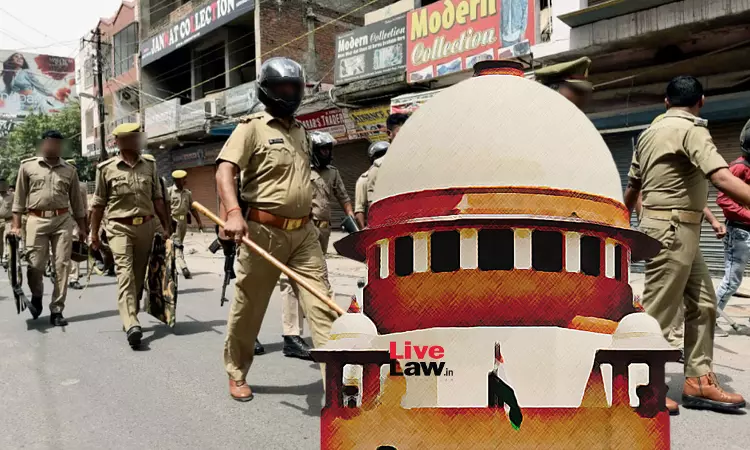High Time To Have Code Of Investigation For Police So That Guilty Don't Walk Free On Technicalities: Supreme Court
Suraj Parmar
23 Sept 2023 12:19 PM IST

Next Story
23 Sept 2023 12:19 PM IST
The Supreme Court recently expressed exasperation at having to acquit three accused persons in a case of murder and kidnapping due to glaring lapses in police investigation. Two of the accused persons were awarded death penalty, which the Supreme Court overturned.The Court remarked that the "the manner in which the police tailored their investigation, with complete indifference to the...
